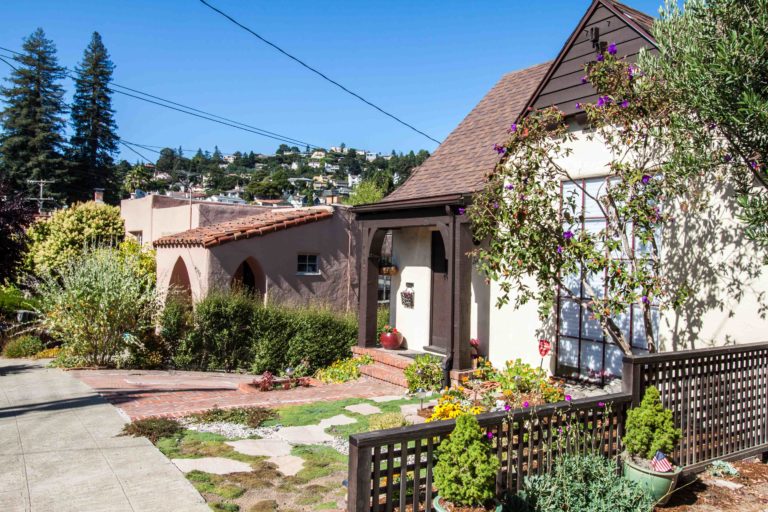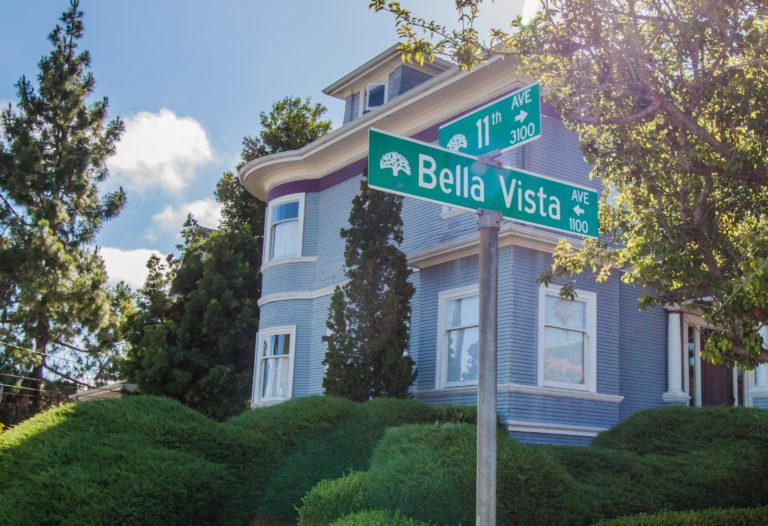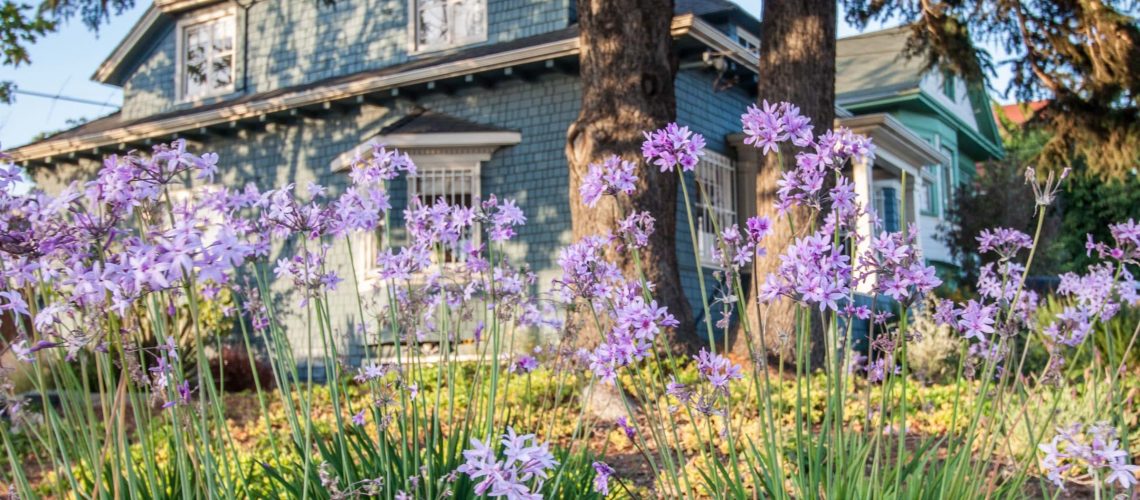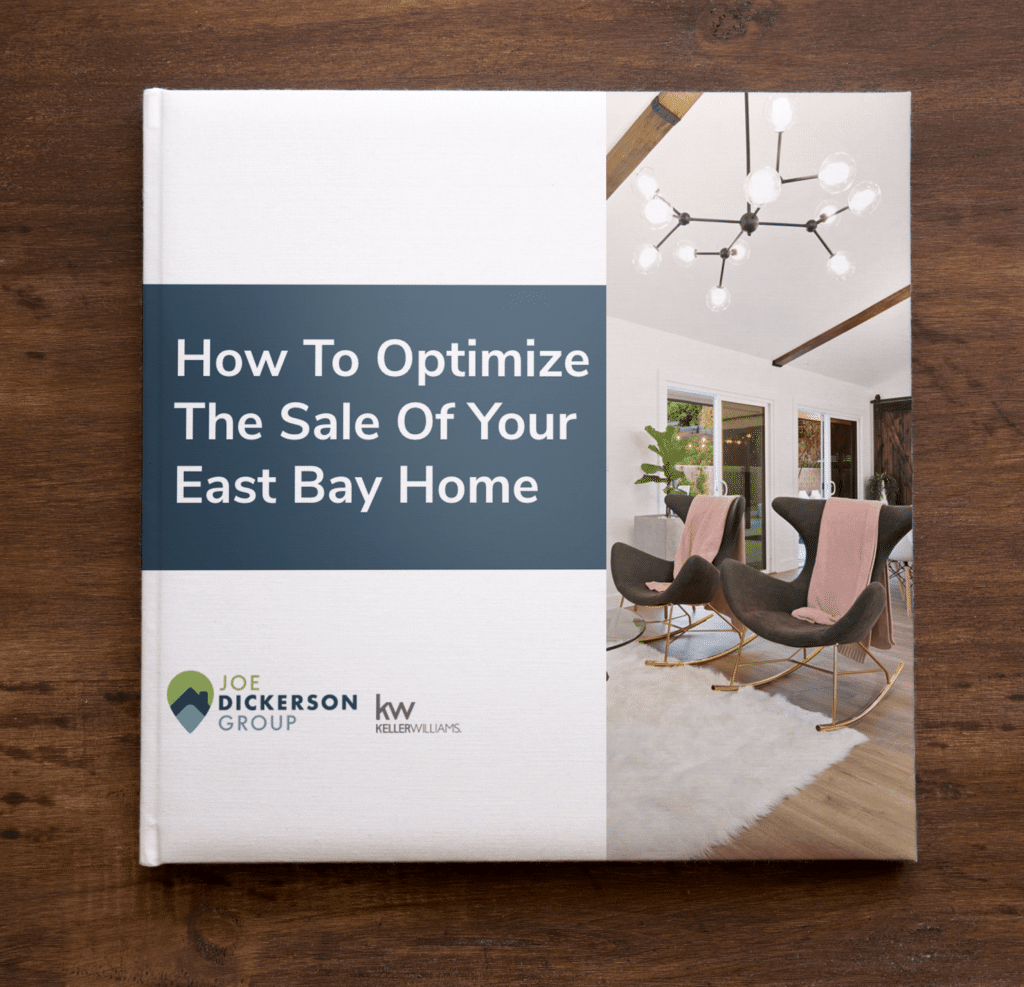
The real estate industry has done a bang-up job on letting consumers know they’ll need some cash when they purchase a home. Typically, it’s the down payment that’s mentioned. Seldom are closing costs brought up, so they end up a major surprise for homebuyers.
Between the two of those huge chunks of money are other cash outlays you’ll need to consider.
Earnest Money Deposit
You found the home you want to buy and we’ve structured the perfect purchase agreement. In it, you’ll find a section dealing with your earnest money deposit (EMD). We’ll list the amount you are paying and where it will be held.
So, what is this? There are several functions of an earnest money deposit. First, it shows the seller that you are serious about pursuing the purchase. After all, he or she will be taking the home off the market. This “skin in the game” evens the playing field. The seller takes a gamble by removing the home from the market, and you put your cash on the line with the possibility of losing it, under certain circumstances.
The amount of money used for your EMD varies according to several factors, including what type of market you’re in (in Oakland’s fast-moving market, a larger EMD may entice the seller to choose your offer).
Typically, the EMD is 1 to 3 percent of the offering price. The median home price in Oakland over the past couple of months was $670,000, which would mean an earnest money deposit of between $6,700 and $20,100.
Down Payment
When the seller accepts your offer, your lender will request that you wire them your down payment funds.

Down payments are expressed as a percentage of the purchase price of the home. Down payment percentages depend upon the loan you’ll be obtaining. Conventional loans generally require 20 percent down. However, there are numerous creative lending options, so if you don’t have hundreds of thousands of dollars to put down, there still might be some ways around that.
For example, loans through FHA or Fannie Mae require significantly less for the down payment. Oakland is an extremely competitive market, but I’ve had clients experience success with lower down payments, so let’s talk if you think a non-conventional loan might be for you.
Closing costs
This is the part of the process that catches far too many homebuyers by surprise. Closing costs are all the fees required of everyone who helps you purchase the home. From the appraiser’s fee to the title company’s research and issuance of a policy to the lender’s fees. These fees add up – fast – so it’s important to compare closing cost estimates from several lenders. It’s also important to understand which costs are negotiable.

It’s not unusual for closing costs to amount to 2 to 5 percent of the loan amount. Using Oakland’s current median home price mentioned above ($670,000), with a 20 percent down payment ($134,000), the loan amount would be about $536,000. Closing costs would be anywhere from $13,400 to $33,500. As you can see, closing costs, if not prepared to pay, can come as quite a shock to homebuyers.
3 ways to reduce closing costs
1. Close late in the month. You can reduce a portion of your closing costs by closing as late in the month as possible. Lenders charge interest in arrears, meaning that when you make a house payment, you are actually paying for last month’s interest (and the coming month’s principal). When you close escrow, the lender will have calculated how much interest you owe from the date your loan was funded to the end of the current month.
For example, if you close on your new home on August 15, you’ll pre-pay the interest due from August 15 until August 31. September’s interest isn’t due until October 1, when you will make your first house payment.
Reduce the pre-paid interest charge by closing at the end of the month.
2. Ask the seller to contribute. You can eliminate the need to pay all or part of your closing costs by requesting that the seller contribute. This is not common in Oakland, but it’s also not impossible. The seller gets to write that amount off as a tax deduction and you get to skip the closing costs, so it’s beneficial to all parties. In this competitive seller’s market, this can be difficult to negotiate, but let’s talk further if you’re interested.
3. Include closing costs in your loan. Ask your lender if you can include the closing costs in your loan. Yes, there will be a charge for this, but it won’t be nearly as large as the immediate outlay of cash necessary to pay closing costs.
Despite what many first-time homebuyers think, the down payment isn’t the whole ball of wax when you buy a home in Oakland. It’s important to determine exactly how much cash you’ll need to purchase a home so that you can budget for these expenses.
Is your head spinning? Don’t worry, it’s not as scary as you might think. We’re here to help walk you through the process, and We’ve got recommendations for GREAT lenders with creative solutions. So no matter your financial situation, if you want to buy a home in Oakland, let’s talk! We’re never too busy for your questions.



